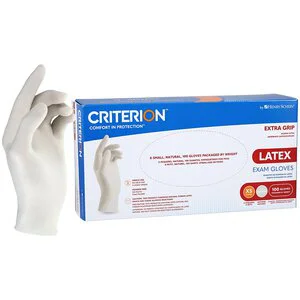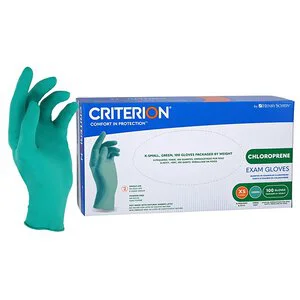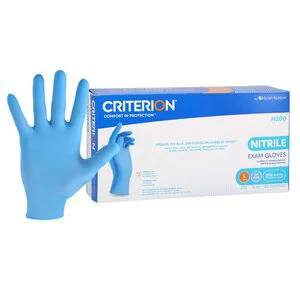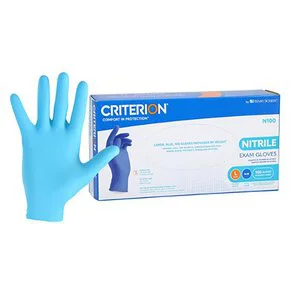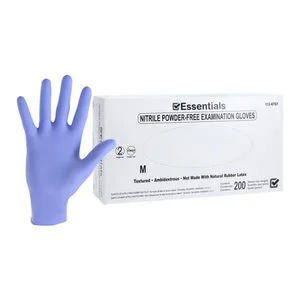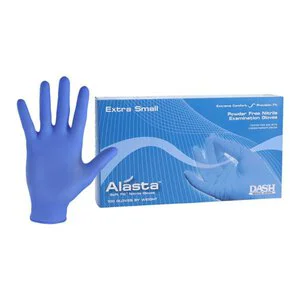Filter Products
Filter Products
Gloves
As low as
$9.19As low as
$9.48As low as
$8.74As low as
$11.91What are dental gloves and why are they important?
Dental gloves are an essential component of the personal protective equipment used by dentists and dental assistants during dental procedures. These gloves provide protection against the transmission of infectious agents between the patient and the dental team. Typically made of nitrile, latex, or vinyl materials, dental examination gloves are designed to be disposable after a single use.
Why do dental professionals wear gloves?
Dental gloves are typically worn by dentists, dental hygienists, and other dental professionals during dental procedures to protect both the patient and the dental team from the transmission of infectious diseases in clinical spaces. Dental gloves create a barrier between the dental professional's hands and the patient's mouth, which helps prevent the transmission of bacteria, viruses, and other pathogens. They also help protect the dental team from exposure to saliva, blood, and other bodily fluids that may be present during dental procedures.
In addition to infection control, dental gloves can also protect against chemicals and other hazards that may be encountered during dental procedures, such as dental materials and cleaning agents. Overall, dental gloves are an important tool in maintaining a safe and hygienic dental environment.
What type of gloves do dentists use?
Dentists use several types of gloves during dental procedures, including examination gloves and surgical gloves. The material types used for each type of glove vary based on the specific requirements of the procedure and the intended use of the gloves.
Dental examination gloves are designed to protect dental professionals and patients during routine dental procedures such as examinations, cleanings, and minor dental work. These gloves are generally thinner and more flexible than surgical gloves, providing a greater range of motion and tactile sensitivity to allow for precise manipulation of dental instruments. They are typically non-sterile and powder-free.
Surgical gloves, on the other hand, are specifically designed for use in sterile environments during surgical procedures. These gloves are thicker and more durable than dental examination gloves, providing greater protection against punctures and tears. They are also designed to be sterile, with a high level of microbial resistance to prevent the spread of infection. Surgical gloves are powder-free and may be anatomically shaped to provide a better fit and reduce hand fatigue during long procedures.
It's important to note that while the materials used to manufacture dental examination gloves and surgical gloves may be similar, the manufacturing process and quality control standards for surgical gloves are generally more stringent to ensure their effectiveness in preventing infection transmission during surgery.
What materials are used to make dental gloves?
The material choice for gloves used in dentistry is based on the specific requirements of the procedure, including sensitivity, dexterity, resistance to puncture or chemicals, and cost.
- Latex: The most commonly used type of gloves in dental practice. They provide good tactile sensitivity, durability, and comfort. However, some people may have latex allergies, so alternative materials may be necessary.
- Nitrile: A good alternative for people with latex allergies. They provide similar levels of comfort, durability, and tactile sensitivity as latex gloves. Nitrile gloves are also resistant to punctures, tears, and chemicals.
- Vinyl: The least expensive option and are suitable for low-risk procedures. They are comfortable to wear but are less durable and have lower tactile sensitivity than latex and nitrile gloves.
- Chloroprene: Provide similar levels of comfort and tactile sensitivity as latex gloves. They are a good option for people with latex allergies, but they are more expensive than other alternatives. Chloroprene gloves are also resistant to punctures and tears.

